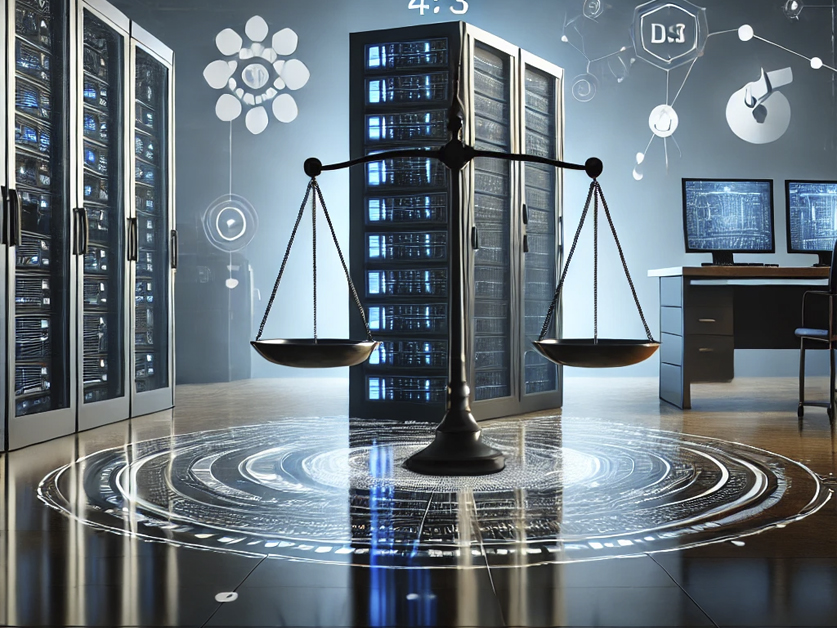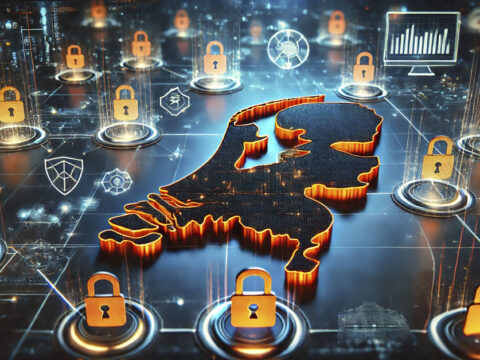CrowdStrike vs. Delta Airlines Lawsuit Raises Questions Beyond Financial Damages
The ongoing legal battle between Delta Airlines and CrowdStrike (where Delta has filed a multi-million-dollar claim against CrowdStrike) sheds light on a broader issue within the tech industry: who is responsible for software problems?
This legal dispute becomes increasingly relevant as businesses grow heavily dependent on technology that doesn’t always prove to be reliable. At stake is whether software vendors should be held financially or otherwise accountable for defects in their products, such as poorly tested updates or configuration errors that harm their customers, cause data loss, or disrupt business operations.
A Costly Outage
In July of this year, a defective update in CrowdStrike’s security software caused millions of Microsoft Windows computers to crash worldwide. The consequences were significant. Delta Airlines was forced to cancel over 7,000 flights within five days, affecting 1.3 million passengers.
Delta claims the financial impact was immense, estimating losses at $500 million, not to mention substantial recovery costs, legal expenses, and reputational damage. Delta filed a lawsuit in Georgia to recover these damages, emphasizing that CrowdStrike failed to thoroughly test the update before its rollout, causing unnecessary risks.
CrowdStrike counters that it bears minimal responsibility, arguing that Delta’s outdated IT infrastructure and insufficient recovery capabilities worsened the damage. According to CrowdStrike, Delta’s claims are based on “disproven misinformation” and a misunderstanding of modern cybersecurity. They stated that the impact would have been less severe if Delta had adequately invested in technology upgrades and system maintenance.
Liability Standards in the Tech Industry
The debate over software liability is not new. Since the rise of computer software in the 1980s, legal experts and policymakers have debated whether software companies can be held accountable for defects in their products. Advocates argue that tech companies should adhere to a “standard of care” and be held liable when their software fails to meet safety standards, causing significant harm to customers.
Recent incidents, such as the CrowdStrike outage, have heightened calls for such accountability. In response, the White House has proposed a National Cybersecurity Strategy to hold software companies liable when they fail to exercise reasonable care. However, this approach faces challenges, including the need to revise existing legal frameworks and establish a structure to distinguish between intentional negligence and human error.
A Balancing Act Between Innovation and Regulation
Proponents of software liability compare the tech sector to the automotive industry, where manufacturers are legally required to test their products and compensate consumers when defects occur. Chinmayi Sharma, an expert in platform liability at Fordham School of Law, argues that the long-standing protection enjoyed by the software industry is outdated. “We regulate cars, and liability claims don’t drive car manufacturers out of business,” Sharma said in an interview with The Record. She sees no reason why tech companies should not be subject to similar regulations.
However, opponents caution that imposing strict liability rules could stifle innovation and shift focus from solving cybersecurity challenges to legal defense. Henry Young, a policy director at the Business Software Alliance (BSA), emphasizes that liability pressure could draw resources away from tackling broader cyber threats, such as phishing, often caused by human error. He warns that focusing exclusively on liability may undermine other critical cybersecurity measures.
The Role of the European Union
The European Union’s regulatory environment could significantly influence the U.S. debate on software liability. Just as the EU’s General Data Protection Regulation (GDPR) reshaped global data privacy practices, stricter European laws around software accountability could pressure American lawmakers to adopt similar measures.
If the EU introduces far-reaching rules, U.S. tech companies may advocate for less stringent domestic regulations as a preemptive response to looming changes.
Long-Term Implications
The Delta and CrowdStrike lawsuits highlight the complexities of software liability. While there’s a growing push for better protection against software flaws, there are valid concerns about the potential impact on innovation.
Until clearer standards for software liability emerge, companies and their clients must rely on existing contracts and service agreements to manage risks. Legal cases like this one may serve as test cases for the future of software accountability in the U.S. and beyond.
Experts warn that significant policy changes could still be years away. Even major incidents like the CrowdStrike outage rarely lead to immediate shifts. Jim Dempsey, a senior policy adviser at Stanford University’s Program on Geopolitics, Technology, and Governance, notes that creating workable liability frameworks will take time. “There’s broad recognition that change is needed, but meaningful reforms are likely far in the future,” Dempsey said.
An event that disrupts critical infrastructure, such as hospitals or power grids, could serve as a catalyst for swifter action. Alternatively, stringent EU regulations might pressure U.S. companies and policymakers to act preemptively.
A Case Study in Accountability
For now, the Delta vs. CrowdStrike lawsuits underline the growing need to balance accountability and innovation in the tech sector. While companies demand better protection against flawed software, there’s equal concern that overregulation could dampen technological progress.
The White House appears to be approaching this issue cautiously, under pressure from both industry and public opinion. Until clearer standards are established, the industry will remain reliant on contracts and service-level agreements to mitigate risks. Cases like this one not only concern financial claims but also serve as a litmus test for the future of software liability in the U.S. and globally.
Source: Computable












